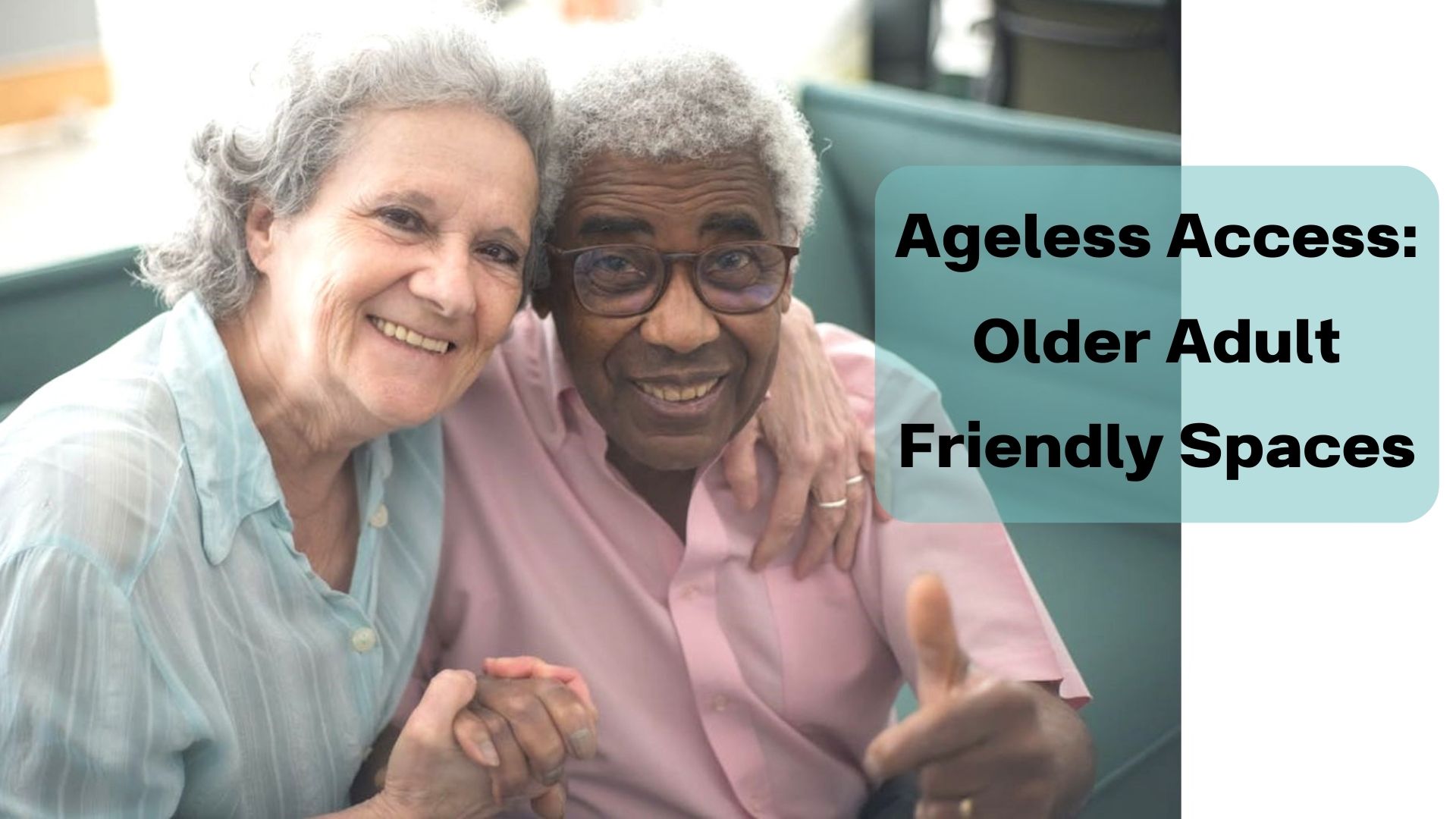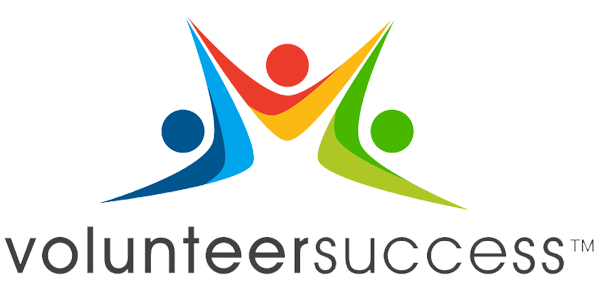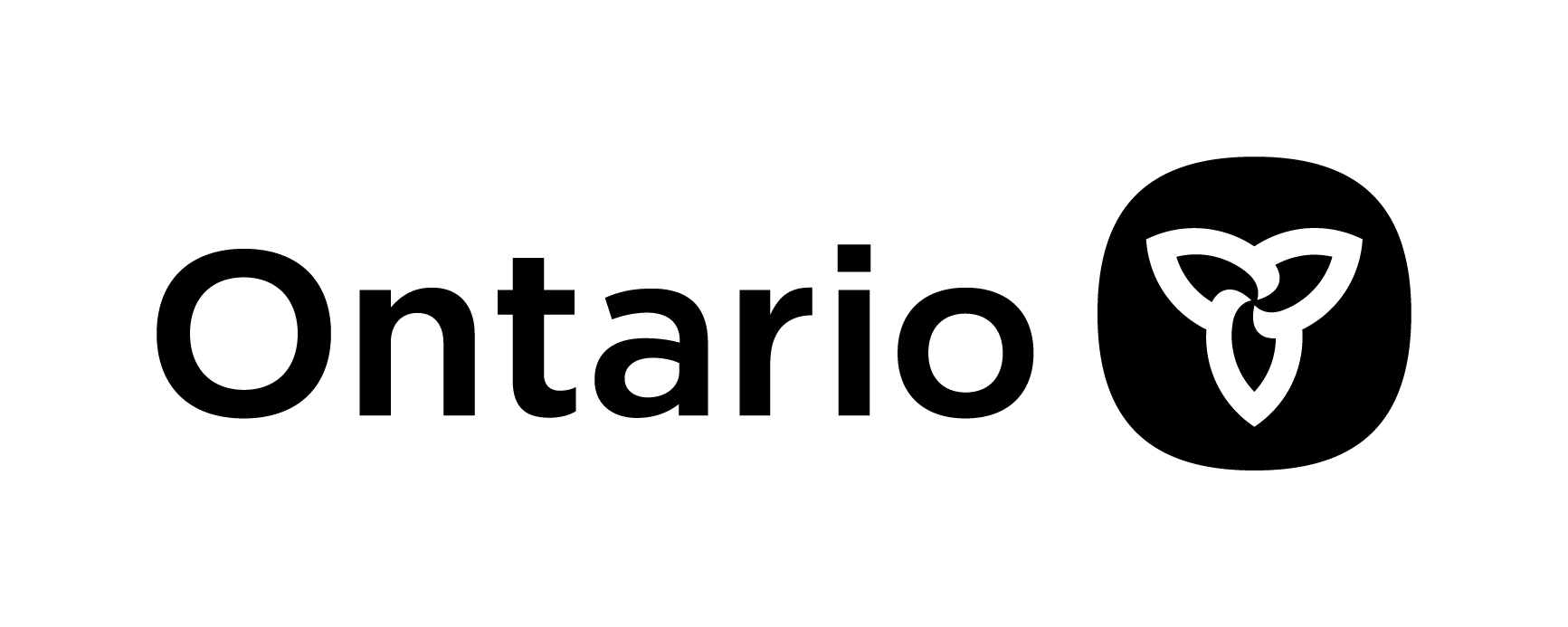

Accessible Places and Spaces Matter
All people should be able to and have the ability to participate fully in all aspects of society.
All the ingredients are in place for a renaissance in the world of volunteering, and Canada’s aging population will be a vital element of that rebirth. Canadians who volunteer their time tend to be older and as our population matures into a growing force, ripe with potential, a true Canadian natural resource is available for the voluntary sector.
Barriers to volunteer participation of people with special accommodation requirements and disabilities are often unintentionally created and, once identified, are often easily removed.
One in five Canadian adults currently lives with a disability, according to Statistics Canada. These Canadians struggle every day to grab coffee with a friend or interview for a job because of physical barriers to accessibility.
Whether disability is caused by the natural effects of aging, or by an accident or injury, the simple truth is that each of us will experience disability at some point in our lives and will need our communities to be accessible so that we can continue to participate and live full lives.
Organizations should be asking you what you require, related to accessibility, in order to volunteer.
Along with providing accommodations for volunteers with disabilities during the recruitment and screening process, organizations should ensure they are able to provide accommodations for volunteers who engage with their organization.
If, however, organizations don’t provide and don’t ask then you’ll need to make some efforts around this.
Unfortunately, at this point, not every place and space is accessible but every day many dedicated and conscientious folks are working hard to improve upon this, including non-profit organizations where many volunteers give of their time, talents and treasures.
Despite the continued existence of barriers, people with disabilities are working and volunteering successfully in every sector of society.
The possibilities are endless, once we remove barriers to volunteer participation.
How do you know if the organization you are interested in volunteering with is accessible?
- Ask if the organization meets the Accessibility for Ontarians with Disabilities Act (AODA) compliance requirements. AODA’s goal is an accessible province by 2025. There are many details and nuances to this so more information can be found HERE.
The AODA goes hand in hand with The Canadians with Disabilities Act, which is in place to increase opportunities and accessibility in Canada for people with disabilities.
- Ask if the organization has the Rick Hansen Foundation Accessibility Certification (RHFAC) rating. This is a Canadian national rating system that measures and certifies the level of meaningful access of buildings and sites.
- Or just ask, if the organization doesn’t offer information about accommodation and accessibility. Ask any accessibility questions you will need to ask and should ask, especially when you need to know (e.g.: you may use a mobility device and require a smooth, flat entrance to a building and work area; you may need a magnifying device for a computer screen you are asked to use; you may require a quiet work-space in order to hear well; you may require a workspace that allows room for your guide/support dog)
For the most part, it is easy for non-profit organizations to create accommodations that will help any volunteer succeed and do the best they can in their role; however, it is important to note that non-profit organizations may not have the capacity or be able to accommodate every need.
The nature and cost of the accommodations must be weighed against the overall size of the organization, its financial resources and the availability of human resources (both staff members and volunteers). The criteria for assessing whether a particular accommodation is reasonable are not absolute. What might be considered reasonable for one organization may create undue hardship in another. An organization should not experience undue hardship in order to provide accommodation. Undue hardship could mean cost, resources, time and/or health and safety factors. For instance, there may be a volunteer role that requires moving around a park or large facility for an event. A candidate for this role may have a mobility disability. If the cost of accommodating this volunteer’s needs would be too high for the organization or require the use of resources over and above what is commonly used, then this would cause undue hardship for the organization.
If the organization does not meet your needs, you may be able to be involved in a different way so talk about it with the organization; perhaps you can volunteer in a different role that might suit you both better. Furthermore, you can always decide for yourself if a volunteer opportunity and an organization fit your desires and needs and if not, there will be other volunteer options and organizations for you to consider.
Providing universal access to safe, inclusive and accessible public spaces ensures that everyone is able to participate and live to their full potential, and is an important part of the United Nation’s “Envision2030” sustainable development goals.
You may find some helpful information at JAN (Job Accommodation Network), an international consulting service, to help you. JAN is found HERE.
Bear in mind, some of the information may not be applicable to Canada.
Some of the above information comes from:


